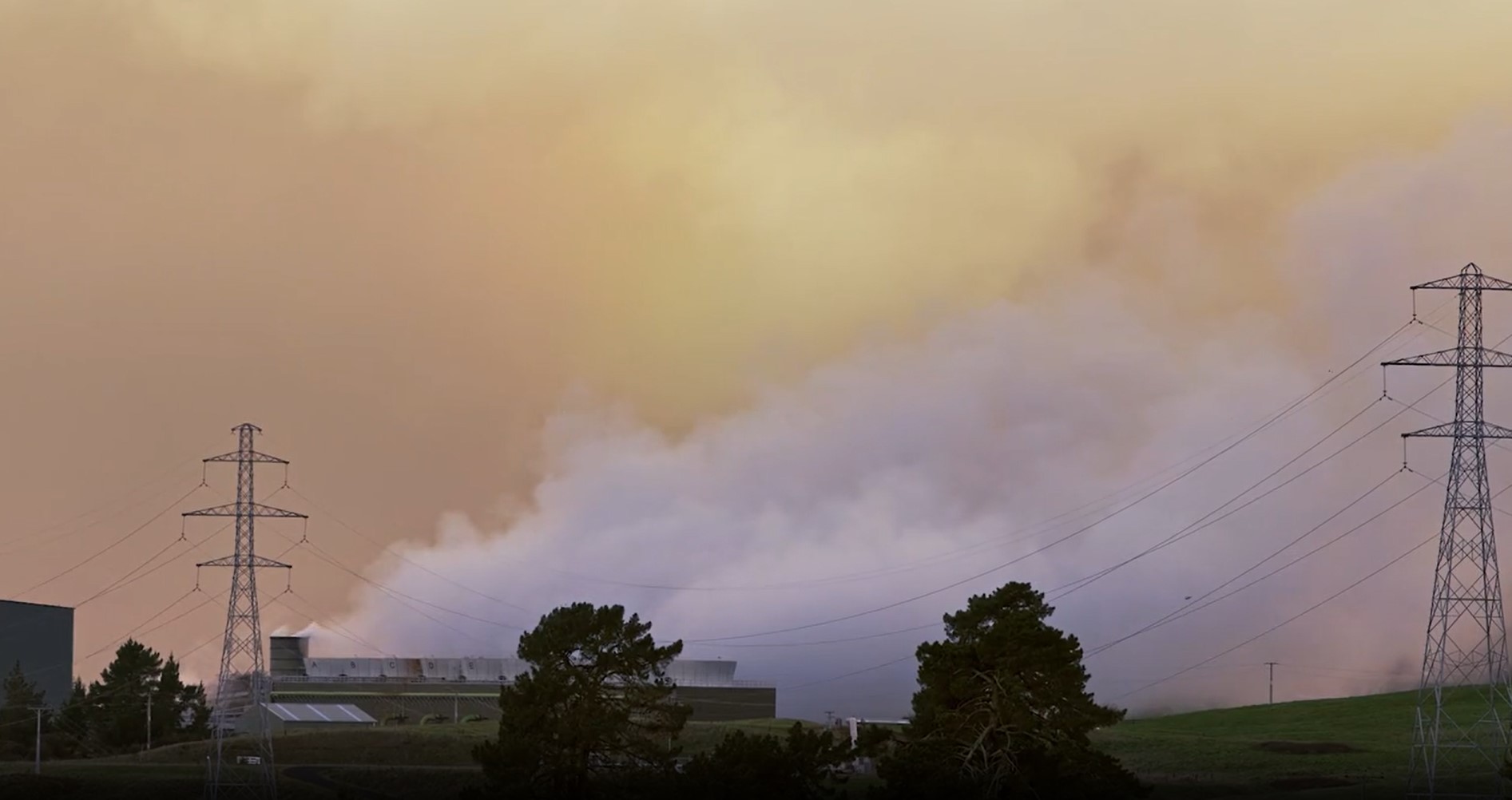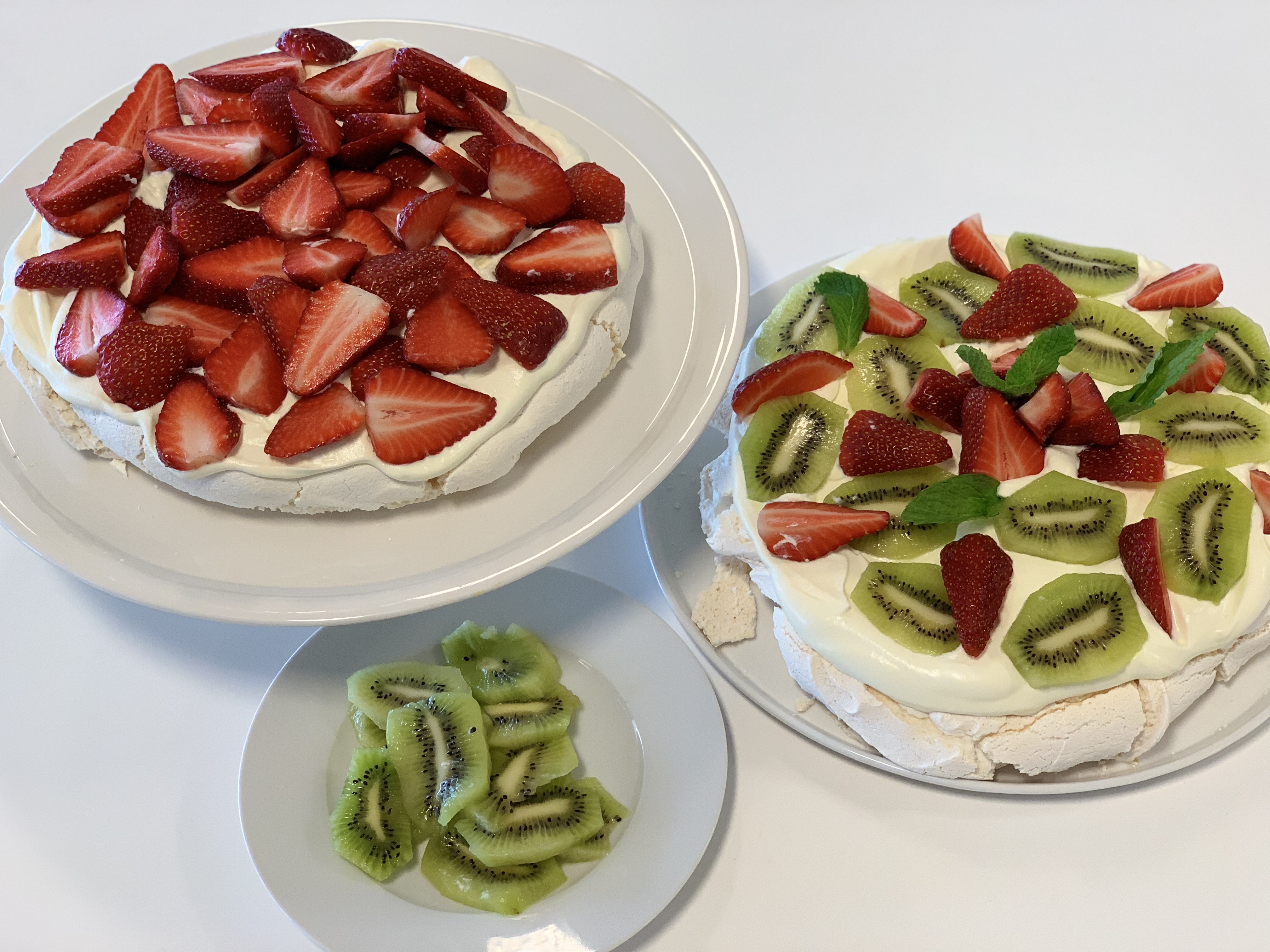
Dame Whina Cooper
Māori have a long history of activism against land confiscations at the hands of the Crown, which broke many promises of modern New Zealand’s founding document, the Treaty of Waitangi, signed in 1840. Two such protest movements are the Land March of 1975 and occupation of Takaparawhau Bastion Point during 1977 and 1978 – powerful events that forever changed the course of life in Aotearoa New Zealand.

"Toitū he kāinga, whatu ngarongaro he tangata. The land still remains when the people have disappeared."
Dame Whina Cooper (Te Rarawa) was a trailblazing leader, one of our strongest advocates for Māori rights and a staunch defender of indigenous culture and heritage. Her tireless efforts to promote social justice, equality and empowerment for Māori communities left an indelible mark on New Zealand’s history and shaped the course of its social and political landscape.
Born in 1895 in Te Karaka, northern Hokianga, Whina grew up in a Māori-speaking household that instilled in her a deep sense of pride and cultural identity, and a strong Catholic faith. She initially attended Whakarapa Native School, and in 1907 went to St Joseph’s Māori Girls College in Napier. In 1913, she became a trainee teacher, but her true calling lay in activism, in particular the area of Māori land rights.
A gifted entrepreneur, Whina and her husband Gilbert owned and ran the village store and the family farm in Whakarapa. She opened a community centre and a clinic and was involved in fundraising for the Māori War Effort Organisation. In April 1947, she was the first woman elected president of a rugby union branch.
In 1951, after the death of her second husband, Bill, Whina moved to Auckland. That same year, at the inaugural conference of the Māori Women’s Welfare League, a national organisation dedicated to advancing the welfare of Māori women and children, Whina was elected foundation president. Under her leadership, the League worked to address a range of social and economic issues facing Māori communities, including housing, healthcare and education – alongside efforts to preserve Māori language and culture.
Whina’s most significant achievement, however, came in 1975 when she led the historic land march or hīkoi, a protest that saw thousands of Māori march from Te Tai Tokerau Northland to Parliament in Wellington to demand that the government return their land. Remarkably, Whina completed this 1,000-kilometre hīkoi at the age of 79. The march drew intense national attention and led to the establishment of the Waitangi Tribunal, a government body tasked with addressing Māori land grievances.
The land march was a defining moment in Whina Cooper’s life and marked the beginning of a new era of activism for Māori rights. She became a prominent figure in the Māori sovereignty movement, advocating for greater autonomy and self-determination for Māori communities.
Whina once said:
“The seed I would like to plant in your heart is a vision of Aotearoa where all our people can live together in harmony – and share the wisdom from each culture.”
Most would accept that she went a long way to achieving that.
In recognition of her life’s work, Whina was awarded numerous honours and awards, including the MBE in 1953, a CBE in 1974, she was made a Dame Commander of the British Empire in 1981, and a member of the Order of New Zealand in 1991.
Dame Whina Cooper passed away in March 1994 at the age of 98. Her funeral was broadcast on TV – more than a million people tuned in to bid farewell to the beloved Mother of the Nation, Te Whaea o te Motu, to celebrate her legacy of advocacy, empowerment and social change that continues to inspire and resonate with people today.
Explore the Legacy Project
.jpg)
Explore the Legacy Project
.jpg)
Explore the Legacy Project
.jpg)




.jpg)
